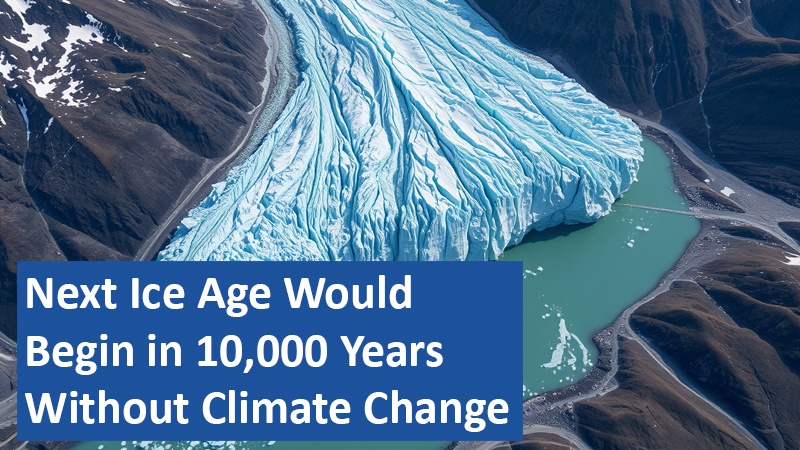
A new study reveals that Earth’s orbital changes have been driving the cycle of ice ages and warm periods for the past 2.5 million years. Researchers have identified a pattern that accurately predicts the timing of these climate shifts, suggesting the next ice age would naturally occur in about 10,000 years – if not for human-induced climate change.
######################################################
Now exclusively try Amazon Prime and Prime Video free for 30 days!
##########################################################
Orbital Parameters and Climate Cycles
Scientists at Cardiff University have published a groundbreaking study in the journal Science, analyzing deep ocean temperatures and ice sheet extent data. They identified specific changes in Earth’s orbit that occur before the onset and end of ice ages. “We were amazed to find such a clear pattern of the different orbital parameters in the climate record,” the researchers noted.
Predictable Pattern Discovered
The study found that the pattern of orbital changes aligns precisely with known ice ages and warm periods in recent climate history. This discovery allows for accurate predictions of past and future climate cycles. “The pattern we found is so reproducible that we were able to make an accurate prediction of when each interglacial period of the past million years would occur and how long it would last,” the team explained.
Implications for Climate Forecasting
This finding is significant because it confirms that Earth’s natural climate cycles over tens of thousands of years are largely predictable rather than random or chaotic. It provides a powerful tool for understanding long-term climate patterns and their drivers.
Climate Change Disrupts Natural Cycle
According to the discovered pattern, the next ice age would naturally begin in about 10,000 years. However, human-induced climate change and high CO₂ emissions are likely to disrupt this millions-year-old cycle. “Our emissions have already diverted the climate from its natural course, with long-term consequences for the future,” the researchers cautioned.
The team plans to use their findings to create a baseline of Earth’s natural climate for the next 10,000 to 20,000 years. Combined with climate models, this will help more accurately determine the impacts of human-caused climate change.
How do you think this research might influence our approach to addressing global warming? Share your thoughts in the comments!
Based on content from www.forschung-und-wissen.de and own research.